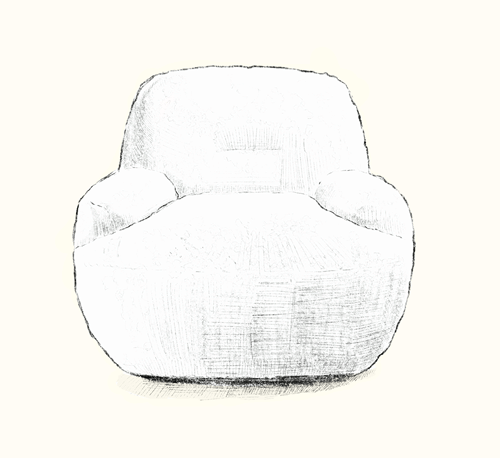0
-
Collections
- Vintage
-
Our Maison
our chronicles




